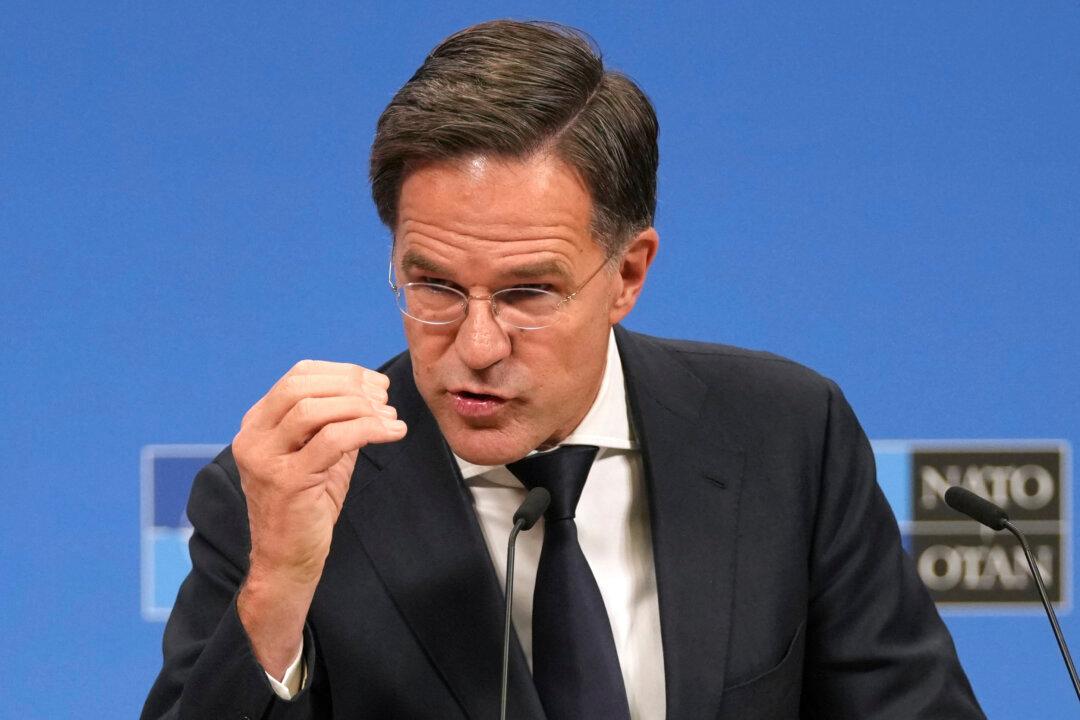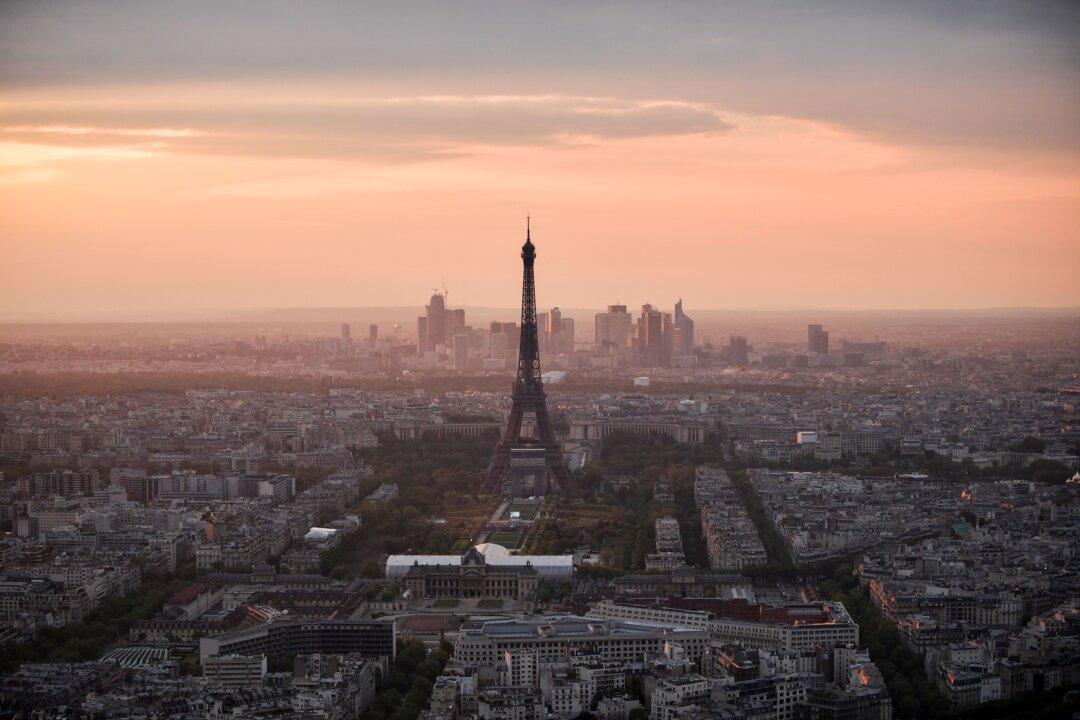NATO Secretary-General Mark Rutte has sidestepped a question about Ukraine joining the alliance during a news conference in Brussels on Tuesday.
Rutte was reacting to a question from a journalist about Ukrainian President Volodymyr Zelenskyy’s comments on Monday that if the unoccupied territory of Ukraine was given NATO membership, it could end “the hot stage” of the war, which began in February 2022.





